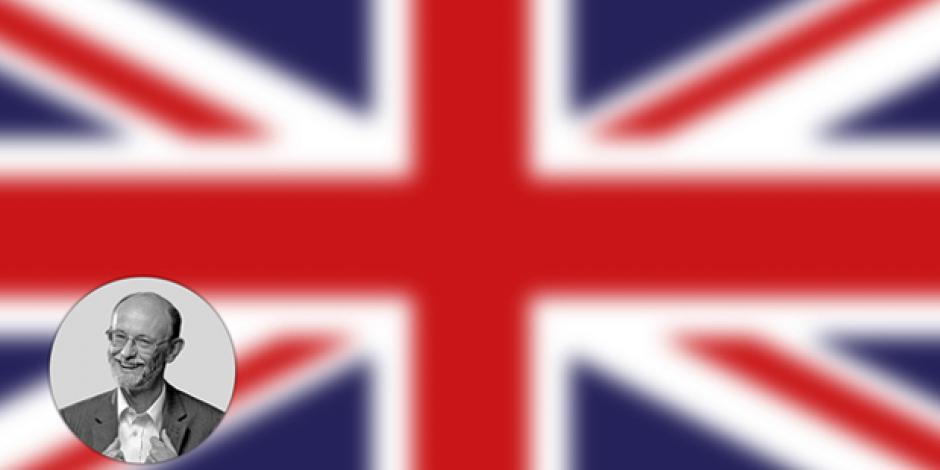Starten Sie den Audio-Text
Mit dem Audio-Player können Sie sich den Text anhören. Darunter finden Sie das Transkript.
Transcript: New leader, old system
How did Boris Johnson become Britain’s new prime minister? Who chose him to fill the gap left by Theresa May when she decided enough was enough? It was members of the Conservative Party.
“Wait a minute!” some said. “Not that we’re experts, but aren’t we be supposed to do sth.etw. tun sollensupposed to have an election?” No, was the answer. When the Conservatives are in power, and choose a new leader, that person automatically becomes prime minister.
This is how it works: Conservative MP (Member of Parliament)Abgeordnete(r)MPs vote several times to bring the long list of candidates down to two. Then party members choose the final winner. Or as journalist Andrew Pierce wrote in the Daily Mail: “The final two candidates will be put to Conservative Party embers.
” I think “embers” was a misprintDruckfehlermisprint for “members”. Embers are the bits of a fire that to glowglühenglow when theflames have gone out. It’s actually not a bad metaphor: members of the Conservative Party are getting rather old. Maybe not as geriatricbetagt, altersschwachgeriatric as the politburo in the former Soviet Union, but they seem to share its system of choosing new leaders. If the Conservative Party finds inspiration in such questionablefragwürdigquestionable modelsfrom history, it’s a wonder its embers didn’t vote to bring in a tsar.
In a way they did. Russia had Boris Godunov. We have Boris Not Goodenough. Mr Johnson often puts his to put one’s foot in itins Fettnäpfchen tretenfoot in it, and probably does so on purpose because he knows that’s what his party embers like. Take the deal that Theresa May agreed with the EU. He criticized it strongly, and reportedlyangeblichreportedly said it was like polishing a turdScheißhaufenturd.
This is rather indelicateunfeinindelicate language, Boris — but also not a bad metaphor. In the elite education system that produced him, parents to flushhinunterspülenflush their children off to be polished at Eton, which then flushes them off to Oxford for more polish, in the hope that they’ll all become prime ministers.
In theory, it’s a system that turns youngsterJugendliche(r)youngsters into polished professional adults. Sadly, no system is perfect. Take my local water company, Southern Water. The system there broke down so seriously that the company was taken to to take sb. to courtjmdn. verklagencourt for failing to stop pollutionVerschmutzungpollution from waste waterAbwasserwaste water.
You could almost say it failed to do what Boris Johnson was to refer to sth.sich auf etw. beziehenreferring to. Southern Water was to finemit einer Geldstrafe belegenfined by Ofwat, the organization that polices the UK’s water industry, and it’ll have to pay its customers at least £61 each.
We have a number of offices with silly names: Ofgem monitors gas and electricity companies; Ofsted inspects schools to check standards in education — and so on. We could almost do with one to minimize political pollution from unpolished leaders: Ofpol. At least we might then get another £61 as compensation for having Boris as prime minister. Having said that, some of us would cheerfully pay £61 to see him flushed off into the history books. And pay another £61 for an office to check it was done properly: Offlush.
Neugierig auf mehr?
Dann nutzen Sie die Möglichkeit und stellen Sie sich Ihr optimales Abo ganz nach Ihren Wünschen zusammen.



